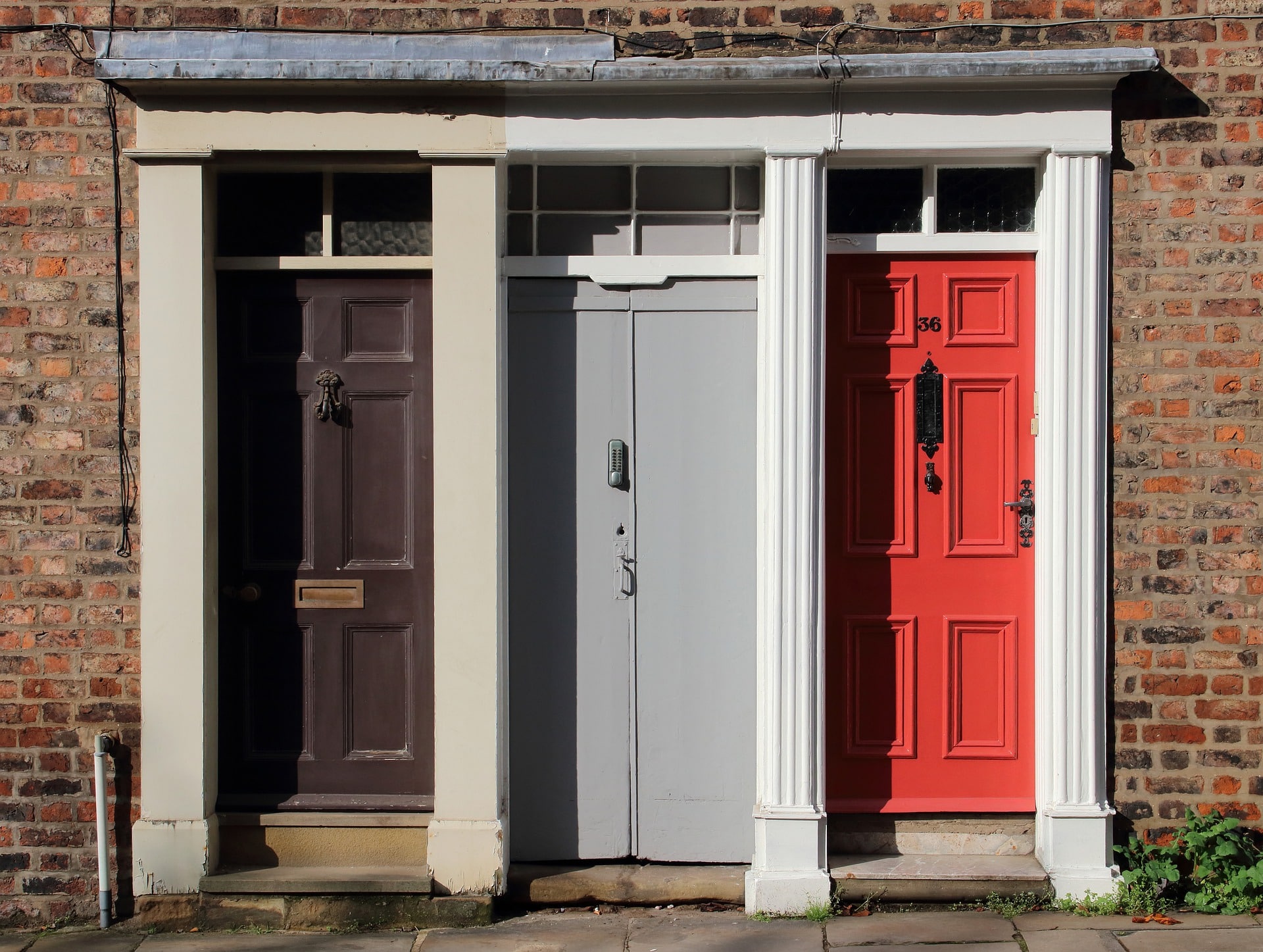For both sellers and buyers waiting for the results of a survey is a nervous time. By this stage in the process both parties are committed to the sale and usually want to proceed quickly – neither side wants a last minute spanner thrown into the works. Unfortunately surveys often raise issues that need addressing, but that doesn’t mean the transaction will fall through.
What is a selling house survey?
Buyers will often commission a qualified surveyor to produce a report that assesses the condition of the home they are buying. This can range from a basic overview of the property right up to an in-depth look at the structure and advice on repairs.
The surveyor will highlight any problem, or potential problem, they find. They are usually very thorough because a buyer can seek compensation if the surveyor misses a major defect. This means their reports often highlight lots of issues, but many are small and shouldn’t impact a sale.
Surveys are sometimes confused with mortgage valuations. This is the valuation a lender carries out to verify a home is worth the money they are lending. Valuations won’t point out defects, although very obvious ones may affect the value of a home. If they decide a home is worth less than the agreed asking price, known as down valuing, the seller will either have to drop the price or the buyer will need to pay the difference.
Mortgage providers will probably charge you to carry out the valuation. If you work with us we’ll arrange and carry out all the valuations on your home for free.
Common house survey problems
As we’ve mentioned, the good news is many points highlighted by a survey can be easily fixed or are included to alert the buyer to an issue that needs ongoing monitoring.
However there are occasionally larger problems that can cause a sale to be renegotiated or fall through entirely, for example:
- Subsidence – movement in the structure caused by sinking foundations. This is likely to show in the form of widening cracks. If left it can be dangerous. Resolving it can be costly depending on how severe it is.
- Japanese knotweed – the invasive plant species grow quickly through foundations and walls. Treatment either involve herbicides or digging out the plant. Even small infestations can cost thousands to treat and discovering it can knock 10% off your home’s value.
- Damp – this comes up in lots of surveys, especially in older homes. It could simply be a case of ventilating a room better where there is build up of condensation or fixing a leak where water is penetrating the walls. The most costly problem is rising damp, which may need professional damp proofing to rectify.
- Flat roofs – these are cheaper to put in but require replacing sooner and are more likely to develop problems. A surveyor may suggest a professional take a look.
- Electrics – if a home hasn’t been rewired for a long time a surveyor may advise this work to be done. Rewiring an entire house can be expensive and disruptive.
- Wood damage – wet rot or dry rot in structural timbers and woodworm infestations will all worry a buyer, who is likely to want them treated.
Asbestos – commonly used in older homes this will either require containing where it is or removing altogether by a professional.
Your options
Ideally, as a buyer, a survey will give you the peace of mind to go ahead with the transaction. If not, you should talk to the surveyor to get a better picture of issues they’ve raised and how bad they are. Sellers can request to look at the survey to help them understand the extent of any repairs needed too.
You may want to ask a professional to take a look and provide a quote for repairs. The sellers may also ask someone to investigate. It’s common for three quotes to be found to give a fair idea of potential costs.
A seller can organise for work to take place before the sale. However because of the delay this will cause a buyer will often ask for a reduction in price that reflects the cost of the work. A seller doesn’t have to agree but risks losing the sale if they aren’t prepared to negotiate.
Fortunately, since both sides have come this far in the transaction process they’re unlikely to want it to fall through and will usually reach a compromise. Most issues can be resolved, but anyone can pull out without paying a penalty until contracts have been exchanged if they wish.
Working with us
When a problem is discovered during a survey it adds stress at an already unsettling time. Our service aims to reduce the hassle of a housing transaction, so you can focus on getting ready to move.
As well as instructing solicitors and paying their fees, we arrange all the valuations we need and cover the cost. Once we’ve agreed on a final value for your home and completion date, we’ll stick to those commitments. And because we’re never part of a chain, there’s no chance a troubling survey on another property will delay your sale.
We’d be happy to discuss your situation and how we can help you sell your house fast, so please get in touch.


















